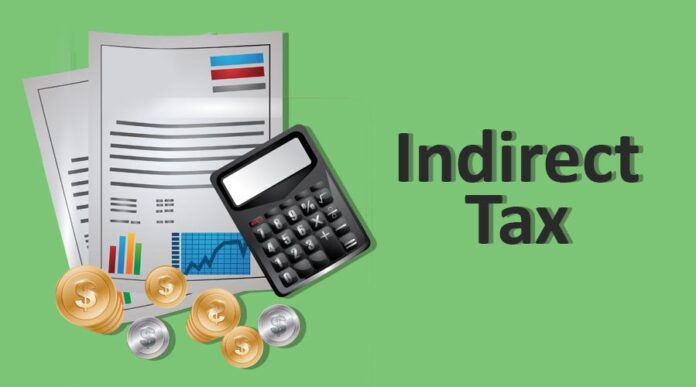By: Staff Writer
April 02, Colombo (LNW):The government has introduced several indirect tax measures aimed at boosting revenue and ensuring economic stability. While these taxes do not directly impact personal income, they are expected to raise the cost of goods and services, ultimately affecting the public.
Among the most notable changes in the 2025 budget is the imposition of an 18% Value-Added Tax (VAT) on digital services provided by non-resident companies to Sri Lankan consumers, effective from April 1, 2025. Additionally, the Simplified VAT (SVAT) scheme will be discontinued, and a VAT refund system will be implemented starting October 1, 2025. The contribution rate to the VAT Refund Fund will also rise from 6% to 10% on the same date. These key measures were highlighted in KPMG’s budget analysis.
Critics argue that the tax policies disproportionately impact small businesses and individuals while being relatively lenient on large corporations. Despite maintaining a 30% levy on major businesses, the government refrained from increasing it further. Meanwhile, smaller entities, including individual companies and small partnerships, saw their tax rates climb from 10% to 15%. Taxes on trusts and individual funds have tripled to 30%, while non-profit organizations, previously taxed at 10%, will also now face a 30% tax.
“The taxation burden primarily falls on ordinary citizens and small businesses, whereas large enterprises remain largely unaffected,” critics have voiced.
Economic analysts caution that these regulatory changes will raise consumer costs, as businesses are likely to pass on additional expenses to customers. The newly introduced 18% VAT on digital services will increase the cost of online platforms, impacting a broad spectrum of users. While the government aims to strengthen fiscal stability, experts emphasize the necessity of support programs to shield low- and middle-income groups from the financial strain.
K.M. Mahinda Siriwardana, Secretary to the Ministry of Finance, acknowledged that a significant portion of 2025’s revenue growth will stem from motor vehicle import taxes. He confirmed that the excise tax framework for standard passenger vehicles remains largely unchanged, except for an annual indexation adjustment. However, a 30% customs duty has been imposed to regulate demand following a five-year import ban.
Another significant policy shift is the increase in individual capital gains tax (CGT) to 15%. While corporate CGT remains at 30%, the higher tax rate for individuals may prompt capital flight as investors seek more favorable tax environments.
During a recent Continuing Professional Development (CPD) seminar on the budget’s implications, Athula Ranaweera, Managing Partner of Ranaweera Associates, raised concerns about taxation policies. He highlighted that, starting April 1, 2025, income earned from foreign clients—previously tax-exempt when received in foreign currency—will now be taxed at 15%.
While this aligns with the government’s IMF-supported strategy to expand the tax base, he warned that enforcing compliance could be challenging.
